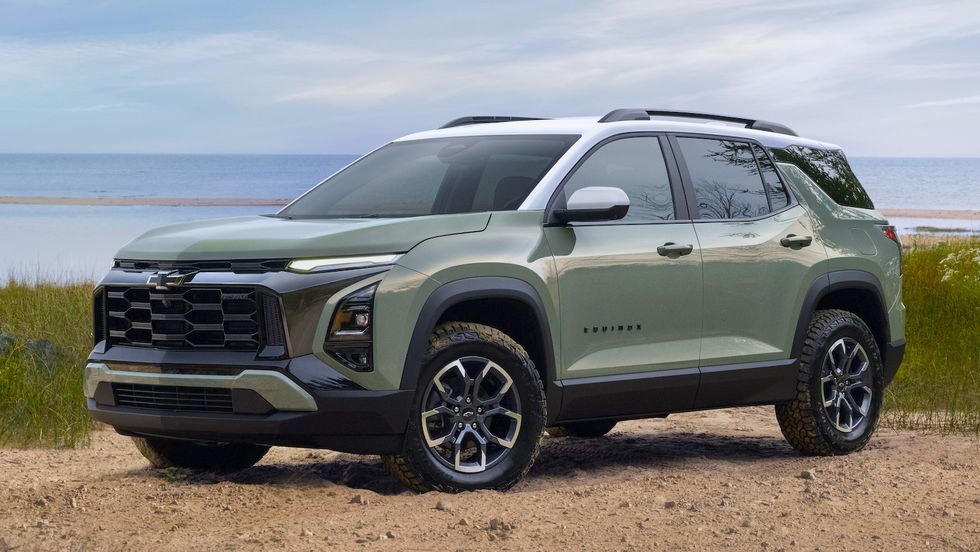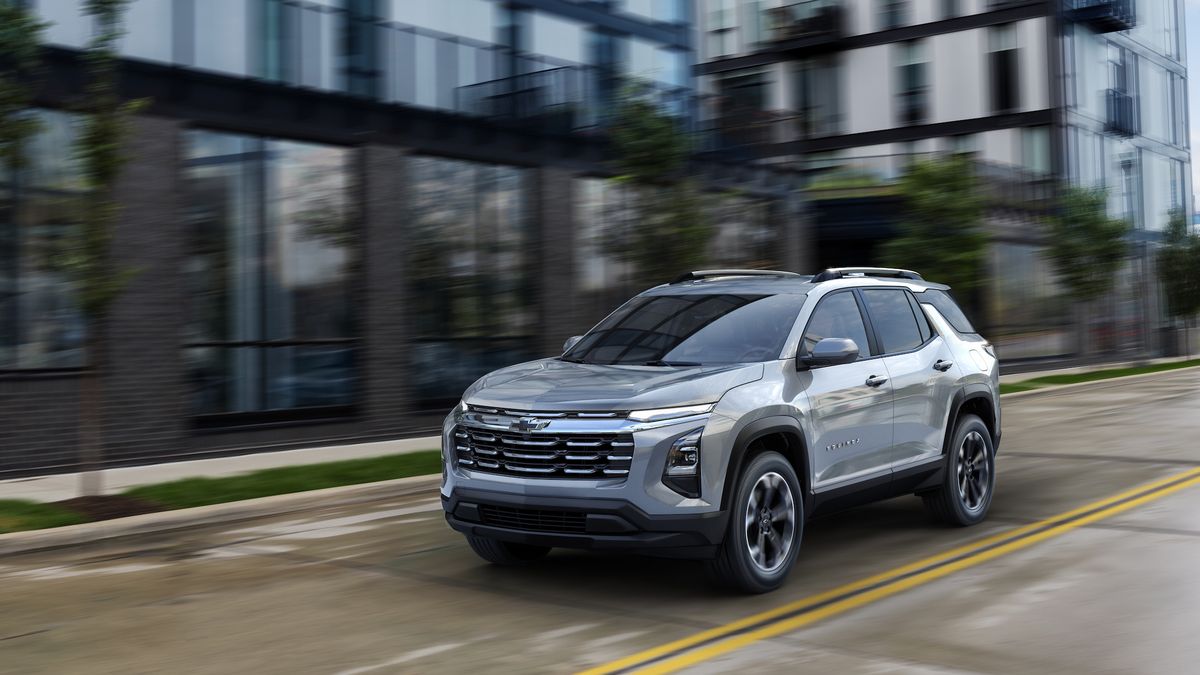GM has faced challenges in developing new electric vehicles using its Ultium battery platform. With sales falling significantly short of its target of 400,000 EVs between 2022 and mid-2024, the company is recalibrating its strategy, which now involves reintroducing plug-in hybrids (PHEVs) in North America.
While GM has not disclosed the specific models to receive the PHEV treatment, speculation points towards the redesigned Chevy Equinox as a likely candidate.
During a recent earnings call, GM CEO Mary Barra confirmed plans to introduce a plug-in hybrid powertrain for select models in the U.S.

However, no details were provided regarding which models would feature the PHEV variant, nor were specifics given about the powertrain itself. Barra indicated that such information would be revealed at a later date but hinted at the technology already being utilized in other markets.
The last plug-in hybrid GM offered in the American market was the 2019 Chevy Volt, which enjoyed a nine-model-year run spanning two generations.
Unlike its short-lived counterparts, such as the Cadillac ELR and the Cadillac CT6 PHEV, which ceased production after the 2018 model year, the Chevy Volt had a more enduring presence. It’s anticipated that GM will once again source its plug-in hybrid technology from China for the North American market.
Presently, GM markets the Buick Velite 6 in China as a plug-in hybrid model. This vehicle combines a 1.5-liter gasoline engine and a continuously variable automatic transmission (CVT) with two electric motors, drawing power from an LG-supplied 9.5-kWh lithium-ion battery pack.
The system delivers a combined output of 181 horsepower and 280 pound-feet of torque. Reports suggest an upcoming Equinox PHEV for the Chinese market with a similar configuration, albeit with a turbocharged 1.5-liter gasoline engine, likely offering more power than the Velite 6’s setup.
The capacity of the Buick’s battery pack, whether net or gross, remains uncertain, but it is notably smaller compared to the Volt’s 18.3-kWh pack and other contemporary PHEVs.
For instance, competitors like the plug-in hybrid Hyundai Tucson in the compact SUV segment, alongside the Equinox, boast a 13.8-kWh capacity providing an EPA-rated 33 miles of electric range.
This implies that the Equinox PHEV would require a larger battery than the Velite 6 to remain competitive with the expanding array of plug-in hybrid compact SUVs, including offerings from Toyota and Ford.

